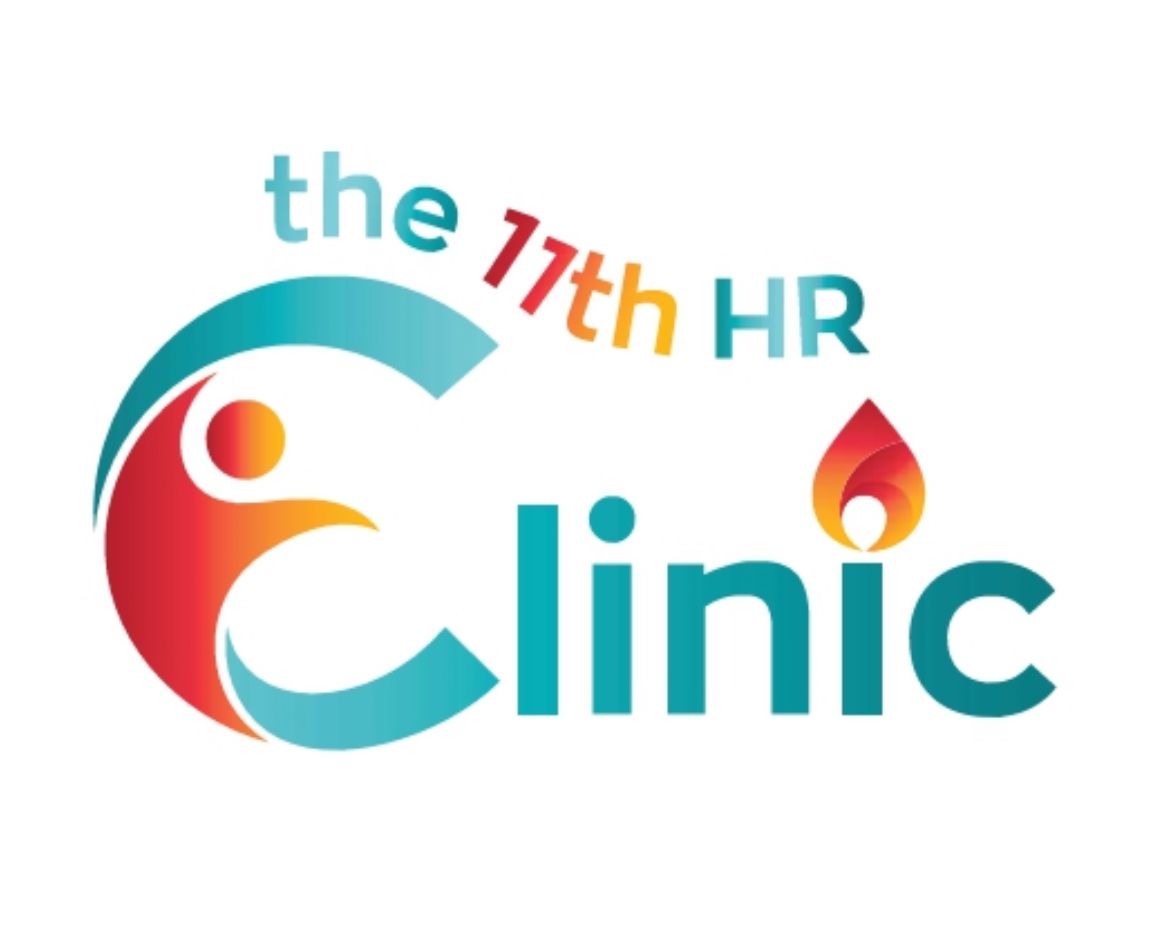Vicarious Trauma: The Burden of the Other
The Cost of Empathic Engagement
Vicarious trauma is the emotional and psychological impact of being exposed to someone else's trauma, often through listening to their experiences, witnessing distressing events, or working closely with trauma survivors.
First responders, therapists, social workers, medical professionals, journalists, and humanitarian workers are most likely to experience vicarious trauma as a result of their occupation, however it can be experienced by anyone who is exposed to traumatic experiences of other people.
Caregivers of a trauma survivor can also experience vicarious trauma. Vicarious Trauma is different to Post Traumatic Stress Disorder (PTSD) as PTSD is only diagnosed on the basis of experiencing the traumatic event yourself. Frequency of exposure to other people's trauma has a direct impact, with more exposure, the more likely the development of symptoms is possible, in addition to the severity of the symptoms.
There are a range of signs of vicarious trauma that show emotional, cognitive, and physical symptoms in addition to changes in behaviour. These signs include:
Emotional:
- Anxiety, sadness, or depression
- Feeling overwhelmed, helpless, or emotionally drained
- Increased irritability or anger
Cognitive:
- Intrusive thoughts or distressing mental images
- Difficulty concentrating or decision-making
- Negative changes in worldview (e.g., losing trust in others)
Physical:
- Fatigue
- Headaches
- Sleep disturbances
- Changes in appetite
Behavioral:
- Withdrawal from family and friends
- Avoiding work or responsibilities
- Increased reliance on alcohol or other coping mechanisms
In order to prevent vicarious trauma and cope with exposure to other peoples trauma the following strategies may be helpful:
- Self-Care: Regular breaks, exercise, and hobbies to recharge.
- Professional Support: Therapy, peer support, or supervision.
- Boundaries: Limit exposure to traumatic content when possible.
- Mindfulness & Resilience Building: Meditation, journalling, or grounding exercises.
- Workplace Support: Debriefing sessions, trauma-informed training, and access to mental health resources.
In professional situations clinical and peer supervision can assist to identify symptoms early and help with adjustment if necessary. In addition, access to employee assistance counselling can help in the short term to debrief or work through emotional, cognitive, physical and behavioural challenges. For symptoms that have begun to interfere with your social and occupational functioning, or where you are concerned that you have developed a mental health condition a psychologist can provide evidence-based treatment depending on that nature of your symptoms and working diagnoses.



